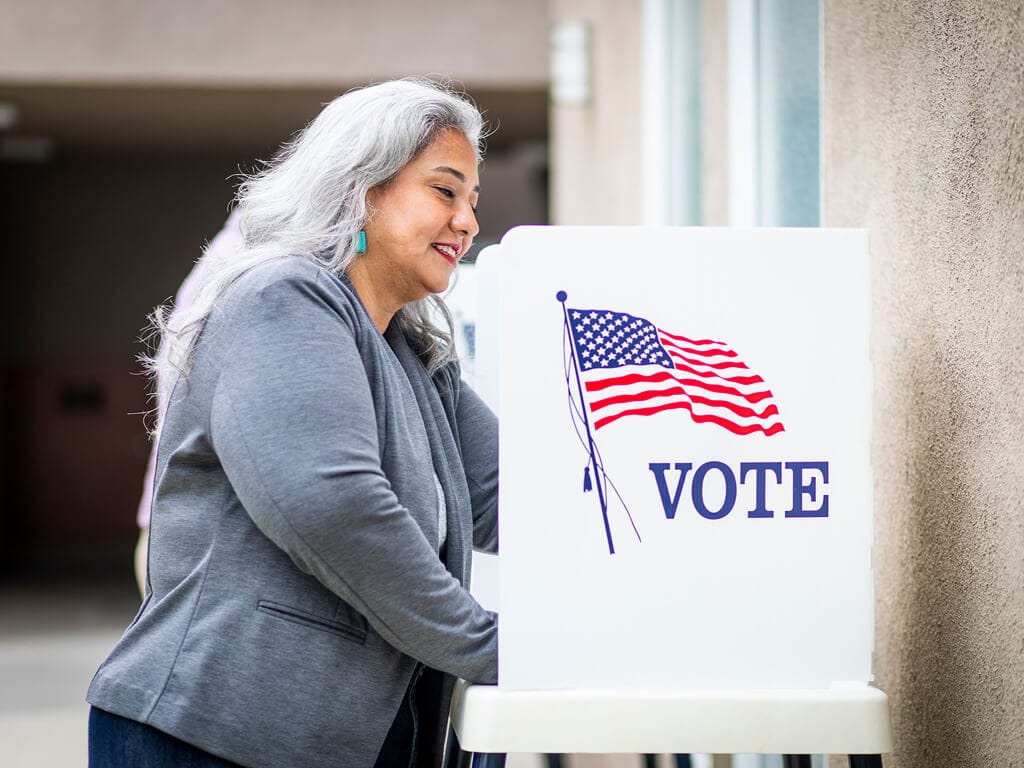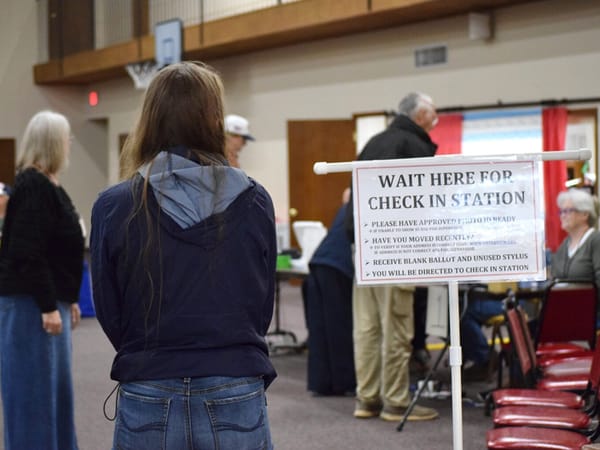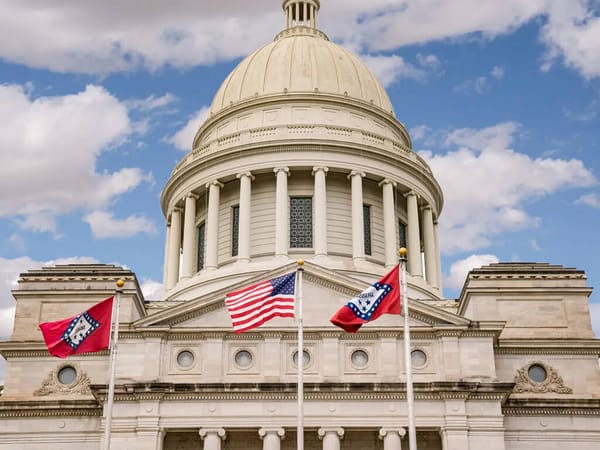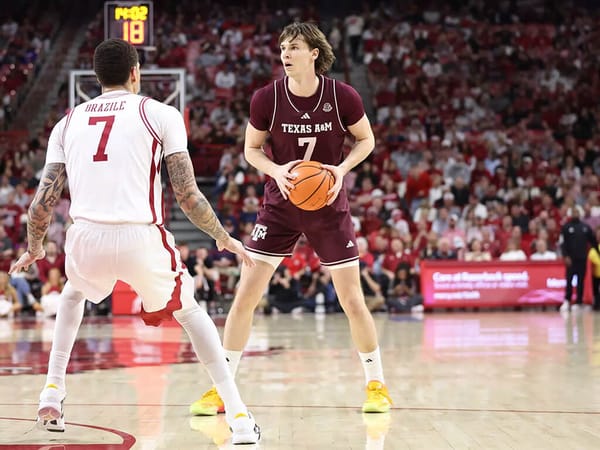Can Two Arkansas Ballot Campaigns Save Direct Democracy Together?
Arkansas ballot initiatives Save AR Democracy and Protect AR Rights are facing legal and procedural challenges as they work to safeguard the state’s direct democracy. The groups consider collaboration to overcome growing barriers to citizen participation.

As concerns grow over efforts to limit direct democracy in Arkansas, two grassroots ballot initiatives are pushing forward with a shared goal: keeping public access to the state’s initiative and referendum process. Save AR Democracy and Protect AR Rights are both working to make it easier for Arkansans to propose and vote on constitutional amendments, but legal and procedural obstacles are making that goal increasingly difficult. The groups are exploring whether joining forces could increase their chances of success.
Recent laws designed to prevent petition fraud have made the ballot process far more complicated. Canvassers now must fill out multiple affidavits, verify signers’ photo identification, inform voters that petition fraud is a crime, and either read the ballot title aloud or watch the signer read it. On top of that, ballot language must meet an eighth grade reading level, a requirement that can be difficult to apply when dealing with dense legal or policy language.
Barriers to the Ballot
Gennie Diaz, executive director of For AR People, which is involved with Protect AR Rights, said both groups share a clear mission: safeguarding Arkansans’ constitutional right to participate directly in democracy. She argued that when the process becomes nearly impossible to navigate, it stops being true direct democracy in practice, even if it still exists in name.
Protect AR Rights’ proposed ballot title has been rejected twice by the state Attorney General, who cited failure to meet the new requirement that ballot language be written at an eighth grade reading level. Coalition leaders call the rule arbitrary and say it creates a deliberate barrier to citizen participation.
Save AR Democracy, backed by the League of Women Voters of Arkansas, has raised similar concerns. The organization says the new legal requirements are making it much harder to gather signatures. At a recent Pride festival in Fayetteville, volunteers collected about 1,000 signatures over two days, far fewer than they could have under previous rules. David Couch, the group’s attorney, said the process has become far more burdensome. He estimated that without the new restrictions, volunteers could have gathered three to four times as many signatures. The added rules limit how many voters canvassers can reach and slow down the process significantly.
Differences in Legal Strategies
Even with their shared mission, the two groups have notable differences at the top. David Couch has urged Protect AR Rights to withdraw its separate proposal and instead support Save AR Democracy’s already approved measure. He argued that running two similar initiatives could confuse voters, split resources, and ultimately reduce the chances of success.
Although both organizations are challenging new barriers to citizen-led ballot initiatives in court, their legal strategies differ, complicating potential collaboration. Save AR Democracy has complied with the state’s eighth grade reading requirement for ballot language, while Protect AR Rights is actively challenging that standard in federal court, calling it arbitrary and unconstitutional.
At the same time, Protect AR Rights is acting as an intervener in Save AR Democracy’s broader legal challenge to other restrictive laws. Separately, Save AR Democracy is suing to overturn a rule that raises the petition signature requirement from 15 counties to 50, a change that could seriously hinder grassroots organizing across Arkansas.
Collaboration and the Path Forward
Despite their shared mission of defending direct democracy, the differences in their legal approaches underscore the need for deeper dialogue and alignment. Whether the two groups ultimately unite remains uncertain, but any meaningful collaboration will require compromise, trust, and a collective strategy to overcome the growing barriers to public participation in the state.





